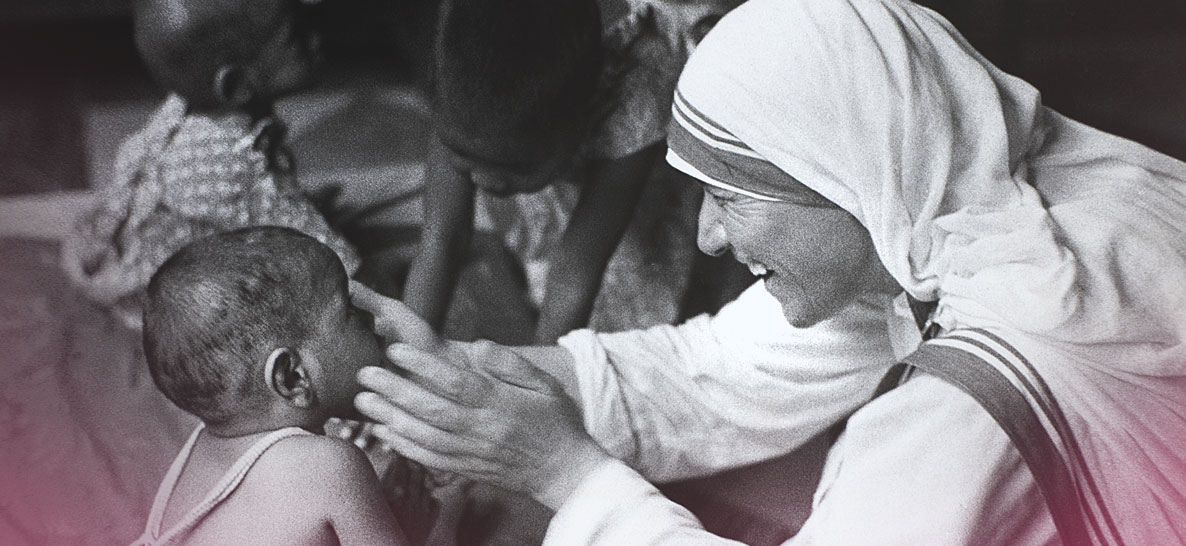
When I began to research and write my book 50 Women Every Christian Should Know, I knew the stories of these women would be fascinating, but I didn’t expect them to impact my twenty-first-century life. I, like many people, had assumed history doesn’t apply to me.
And I was wrong.
I discovered that although we are separated by time, geography and circumstances, the stories of these women are our stories, too. We share similar battles; similar grief, doubts and questions; similar joys. These women, though relegated to the pages of history, can teach us valuable lessons about faith, obedience, service and calling.
Here are five lessons we can all learn from heroines of the Christian faith:
1. Obedience Isn’t Convenient.
When Catherine Booth’s husband William suddenly fell ill, she stepped into his place to cover his itinerant preaching duties.
“It was not I that did this but the Holy Spirit,” Catherine wrote later. “With four little children … it looked like an inopportune time, did it not, to begin to preach. All I did was take the first step.”
That first step was the start of three decades of preaching and evangelizing for Catherine Booth, experience that would pave the way toward co-founding The Salvation Army with her husband.
The timing of Booth’s call wasn’t exactly ideal, but she didn’t wait for the perfect circumstances. Instead, she trusted the Holy Spirit’s nudge and obeyed.
2. Road Blocks Can Be Opportunities.
When the director of the China Inland Mission determined that she was neither smart enough nor young enough for missionary work, Gladys Aylward simply changed her strategy.
She worked as a maid and practiced evangelizing on London street corners for two years, and when she’d saved enough money, she purchased a ticket for the Trans-Siberian Railroad and began the long journey east across Russia and into China by herself.
In the mountain village of Yangchen, Aylward founded the Inn of Eight Happinesses, which first offered food and shelter to travelers and later became the home of more than 100 Chinese orphans.
“I wasn’t God’s first choice for what I’ve done for China,” she once said. Yet Gladys Aylward refused to accept “no” as the last word. Instead she viewed the road blocks in her path as simply an opportunity to embark on a God-ordained detour.
3. Serve Right Where You Are.
By age 12, Ruth Bell knew she wanted to dedicate her life to Christ by serving as a missionary in Tibet. Sixteen years later, she laid her dreams of mission work in Tibet aside when she married Billy Graham.
As Graham’s spouse, Ruth’s primary job was to raise her five children, shield them from the glaring spotlight and support her husband in his worldwide ministry. Although she was candid about the challenges of living in the public sphere as the wife of a world-famous evangelist, she never spoke with regret about her decision to abandon missionary work in favor of marrying Billy Graham.
Ruth Bell Graham realized that serving God doesn’t always require radical sacrifice, but instead, often takes place quietly, in the ordinary responsibilities of day-to-day life. As biographer Patricia Cornwell noted, Ruth Bell Graham ministered primarily to one, but in doing so, she ministered to the world.
4. Stay Focused on the Big Picture.
Mary McLeod Bethune graduated from Chicago’s renowned Moody Bible Institute in 1887 as the only black woman in 1,000 students, and promptly set her heart on serving as a missionary in Africa. When she applied to the mission board, however, Bethune learned there were no openings for “Negro missionaries.”
It was a different time and a disgusting attitude. But Bethune was not one to wallow in disappointment and she set her sights on a new mission: the education of American black children. “Africans in America needed Christ and school just as much as Negroes in Africa,” she said. “My life work lay not in Africa, but in my own country.”
In 1904, with $1.50 as the down payment, Bethune opened the Daytona Literary and Industrial School for Training Negro Girls. Her first class was composed of six female students and her own son. Today Bethune-Cookman College enrolls 3,500 students on an 80-acre campus in Daytona Beach, Florida.
Mary McLeod Bethune avoided a tunnel-vision approach to her calling by staying focused on the big picture. When her initial dream to serve in Africa was crushed, she refocused her passion and gifts and impacted thousands not across the ocean, but in her own backyard instead.
5. Doubt and Faith Can Co-Exist.
During the second half of her life, Mother Teresa battled the demons of doubt and unrelenting estrangement from God, an experience she described as a “terrible darkness” and a “feeling of absence of God.”
Yet in the midst of seeming hopelessness, Mother Teresa gave herself fully to God. Instead of stifling her missionary zeal, her desperate inner struggles increased her compassion and fueled her dedication to India’s poor. The unrelenting darkness and doubts also, ironically, drew her nearer to God. Mother Teresa prayed incessantly to Jesus and even, at the suggestion of her spiritual director, wrote Jesus a letter, imploring Him to release her from her despair.
Eventually, Mother Teresa came to understand her darkness as a gift that allowed her to share very personally and intimately in Christ’s suffering. “I have come to love the darkness,” she wrote. “For I believe now that it is a part, a very, very small part of Jesus’ darkness and pain on earth.”
Mother Teresa’s life of radical sacrifice, even in the midst of doubt, illustrates the power of faith to overcome even the most profound darkness.























